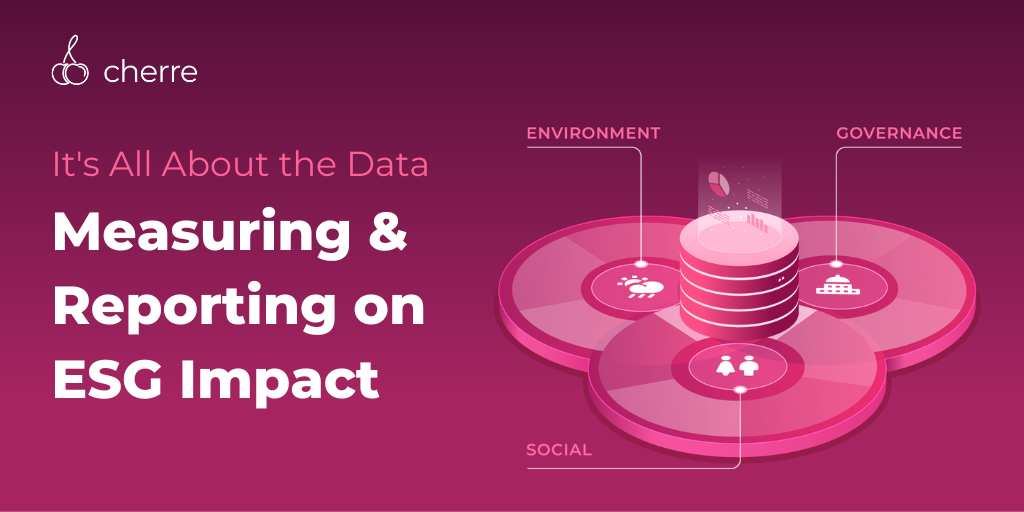
At Cherre, we live and breathe data. Data to accelerate decision-making. Data to eliminate mundane and repeatable tasks. Maybe most importantly, data to improve the built world. There is no shortage of data available to CRE owners, operators, investors, and managers, but one particular type of data and data governance seems to be on everyone’s mind these days in real estate…ESG data.
The opportunity with measuring and sustainably disclosing Environmental, Social, and Governance impact is massive, and many of the largest and most respected capital sources are focused on ESG initiatives in 2023. However, there are no universally agreed-upon metrics for measuring ESG across the board. Because we are a data management company, we believe that without some common data points used to measure and disclose a company’s ESG performance, value will be limited. Until that standard appears and is accepted by a majority of CRE owners and investors, we suggest thinking about how the below data elements are gathered, stored, integrated, and analyzed:
Environmental metrics:
Social metrics:
Governance metrics:
These metrics can vary depending on the geographic region in which a company operates, the regulatory environment in that particular market or sub-market, and the mandates delivered by capital partners. It’s also important to note that the quality and reliability of ESG data can vary widely, so it’s critical to carefully consider the source and factors such as governmental guidelines, the weight assigned to a given factor, which datasets are included, etc. when evaluating ESG performance.
So why are we so focused on ESG metrics when the market hasn’t decided which ones are critical to financial success? Cherre cares deeply about this for three reasons:
We live in a time of uncertainty around reporting requirements, about prioritization, about projection vs reality. We need a truth barometer…and data doesn’t have an agenda. Data doesn’t hold grudges. As long as we have established data LINEAGE then we have contextualized data that isn’t abandoned. And that gets us closer to having a true barometer of ESG performance and impact.
So what is the first step an owner, operator, investor, or manager of real estate assets should do when thinking about ESG? The answer is to understand what data you are already in possession of and whether that information is easily transferable to the parties who are requesting it. Our industry is in the early innings of this step change, and knowing what data you do, and don’t have connected will determine how ready you are for the current market environment.
Overall, you should strive to be proactive, adaptive, and responsive to changes in the market to remain successful in 2023 and beyond.
And lastly, if you would like to chat about ESG data, sources, and next steps for your specific use-case, don’t hesitate to contact us at [email protected] .